Voters with disabilities fight to cast ballots in Wisconsin
The Wisconsin Supreme Court banned ballot drop boxes but left open questions related to voters with disabilities, including Milwaukee resident William Crowley, supervising attorney at Disability Rights Wisconsin, who shares his voting experiences.
By Marisa Wojcik | Here & Now
August 5, 2022
Baseless claims of election fraud is one driving factor behind calls to reform the absentee ballot system. But these changes could create a chilling effect for voters with disabilities.
“I typically vote in every election,” said William Crowley, supervising attorney with Disability Rights Wisconsin.
“From national, federal, presidential and Congress races down to state and local government races,” added the dedicated voter, “because I feel it’s important to make your voice and opinions heard.”
For Crowley and thousands of other Wisconsinites with disabilities, the option of voting absentee is paramount to fulfilling this constitutional right.
“I’ve done a mix of voting styles,” Crowley said.
“Since covid it’s been absentee by mail,” he explained, “just trying to avoid large crowds of people staying in line.”
Crowley’s reasons were health related.
“I have preexisting conditions where the virus would have been more burdensome for me to catch it,” he said.
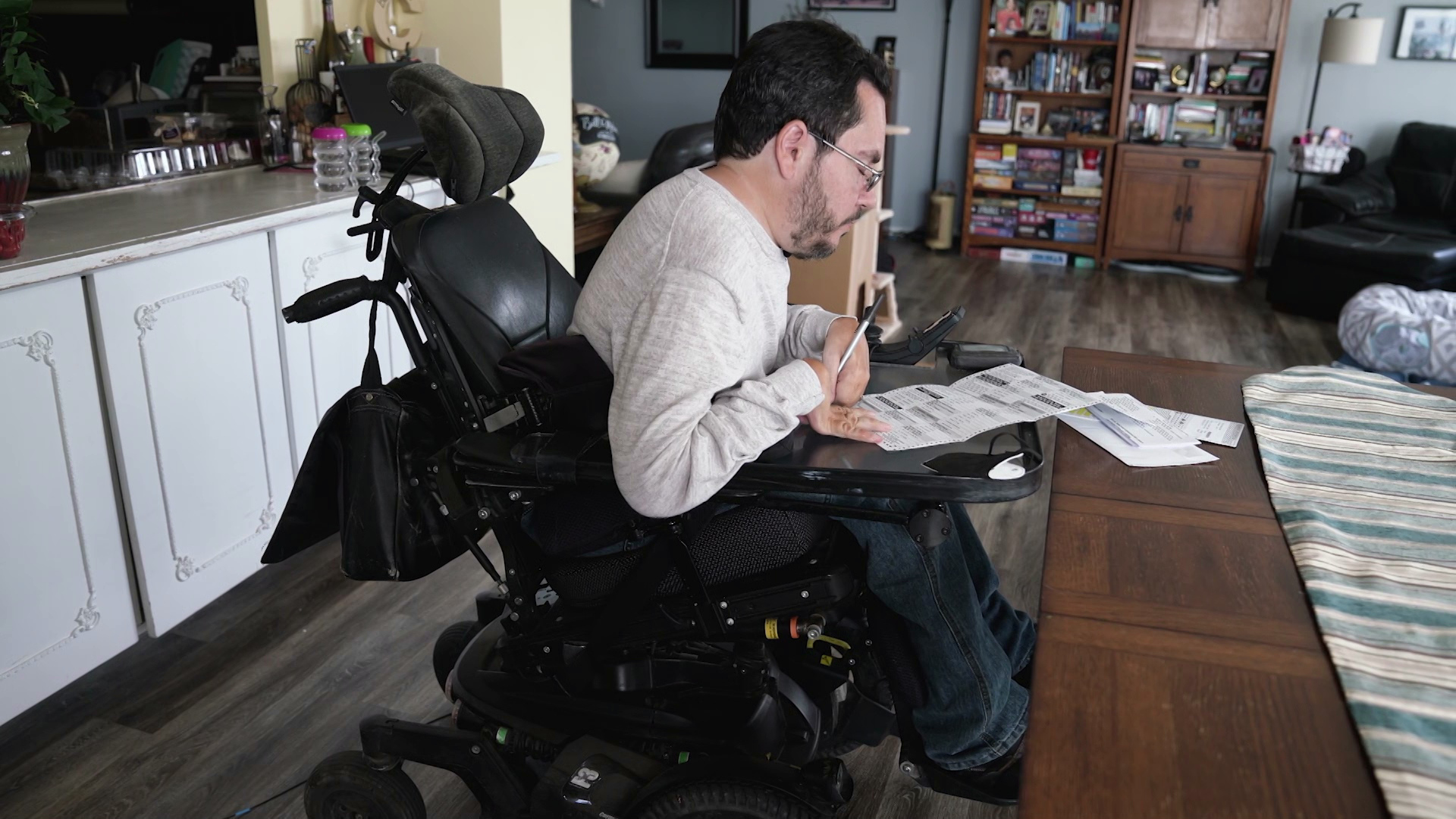
William Crowley, supervising attorney for Disability Rights Wisconsin, fills out an absentee ballot on Aug. 1, 2022. Crowley has been trying to vote on an absentee basis to avoid potential exposure to COVID-19 at polling places due to caution over his preexisting conditions. (Credit: PBS Wisconsin)
But confidence in fulfilling that right has been eroded recently, with investigations, court cases and direct challenges to voters who cast an absentee ballot.
“There’s been questions this year about voting absentee after the Teigen lower court decision came out,” said Crowley.
In Teigen v. Wisconsin Elections Commission, a Waukesha County judge ruled in January 2022 that someone can’t have anyone else turn in their absentee ballot for them – calling it ballot harvesting.
“I’m a quadriplegic with a spinal cord injury,” said Crowley.
That created a direct barrier for him.
“Due to my spinal cord injury, I have limited upper body movement and strength. So, for instance, if I were to go to the post office mail box, I’m unable to open it and throw an envelope in on my own or. So I’m limited in that way when it comes to mailing my vote,” explained Crowley.
Because of the court ruling, instead of voting absentee in April, he went to the polls – and then faced another barrier.
“To get around, I use an electric wheelchair — powered wheelchair,” he said. “This past spring, I went to the polling place and actually the elevator in the building that would get me to the actual room that the voting was happening in was out of order.”
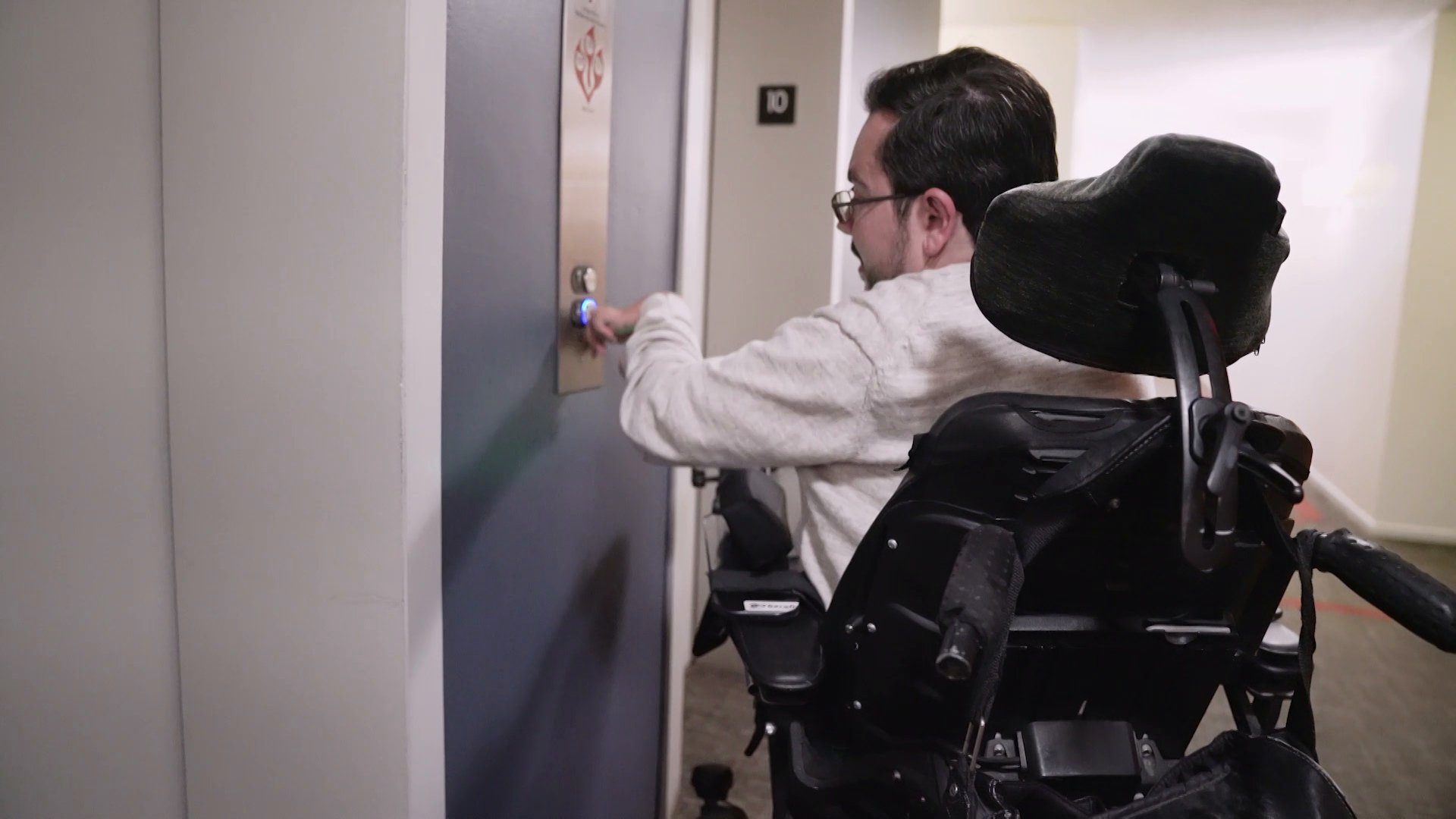
When William Crowley went to vote in-person in the April 2022 election, he found that the elevator at his polling place wasn’t working. In this photo, Crowley is using a working elevator at a building in Milwaukee on Aug. 1, 2022. (Credit: PBS Wisconsin)
Federal election law says, “Any voter who requires assistance to vote by reason of blindness, disability, or inability to read or write may be given assistance by a person of the voter’s choice.”
Wisconsin state law says that for disabled voters, “When assistance is requested, the elector may select any individual to assist in casting his or her vote.”
Disability Rights Wisconsin is offering guidance to voters with disabilities who are seeking assistance with mailing or delivering their absentee ballots. The process the group suggests involves a voter finding their local election clerk through MyVote Wisconsin and presenting a request for assistance in writing.
When the Wisconsin Supreme Court took up the Teigan case, a majority of justices ruled drop boxes and ballot harvesting are illegal, but did not address protections for disabled voters. Its decision says, “We therefore do not decide at this time whether the law permits a voter’s agent to place an absentee ballot in the mail on the voter’s behalf.”
- (Credit: PBS Wisconsin)
- (Credit: PBS Wisconsin)
Because this is a legal gray area, a challenge has already been filed by four people with disabilities asking a federal judge to declare that they can get help turning in ballots.
Even with federal protection, Crowley has a lingering fear that his ballot could be challenged by people claiming fraud occurred.
“That is a concern that I have that somebody would try to challenge either my vote or someone else with a disability that has assistance mailing their ballot just because voting has become such a contentious issue,” he said.
Crowley wants voters with disabilities to know these rights and not get discouraged.
“These are big elections coming up and everyone who wants to make their choice heard should vote,” he said, “and that absolutely includes people with disabilities.
 Passport
Passport




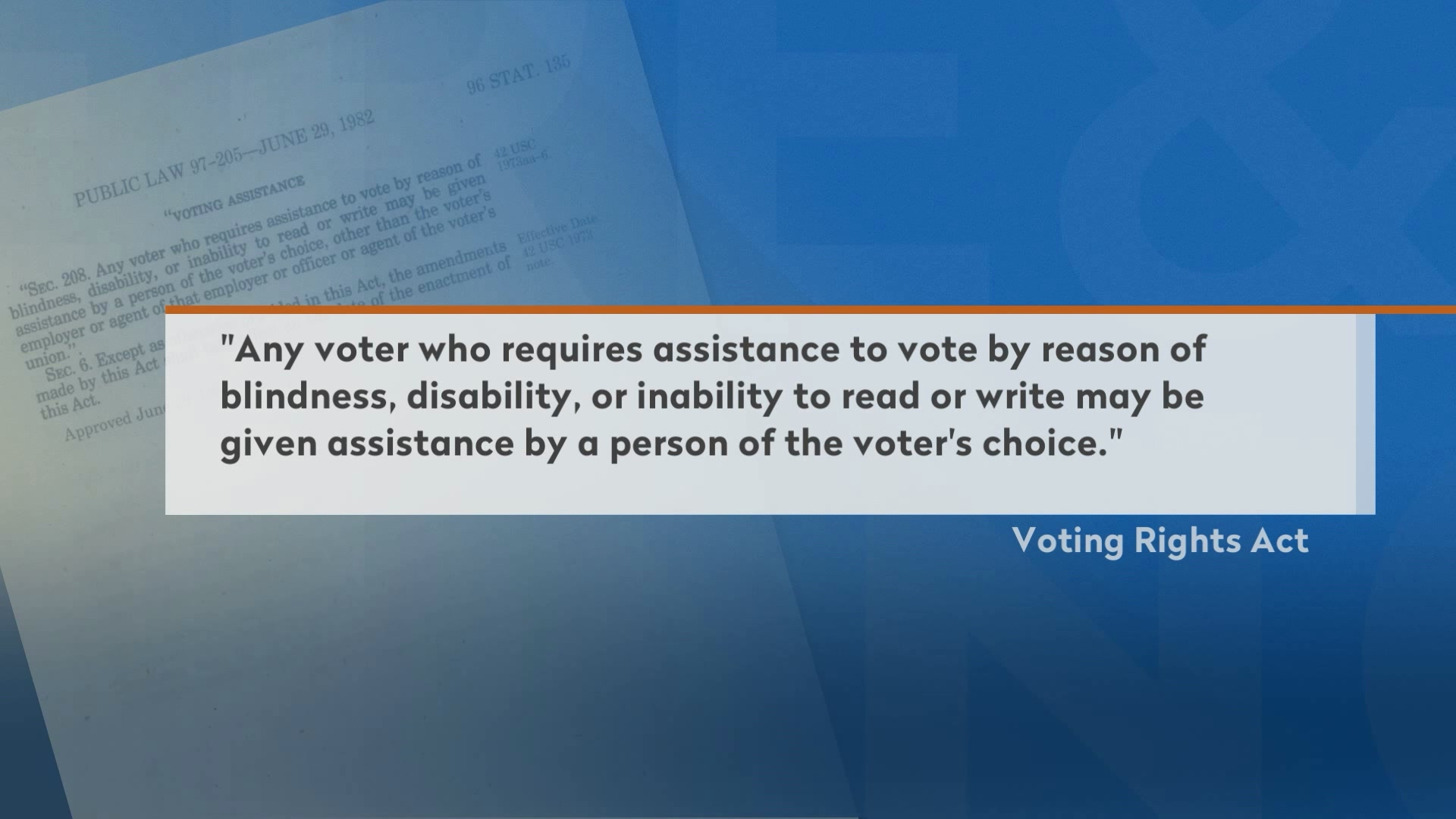
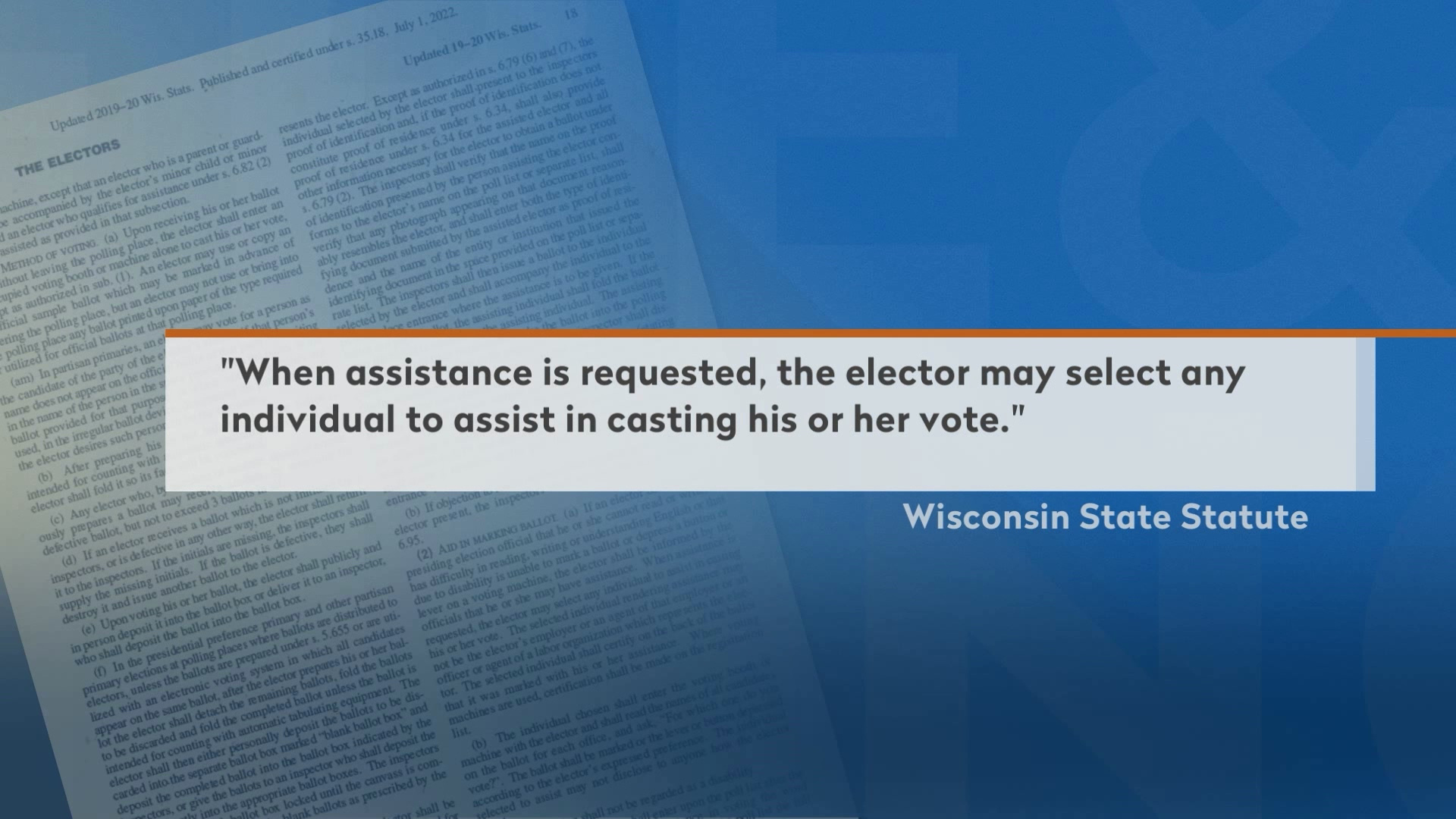
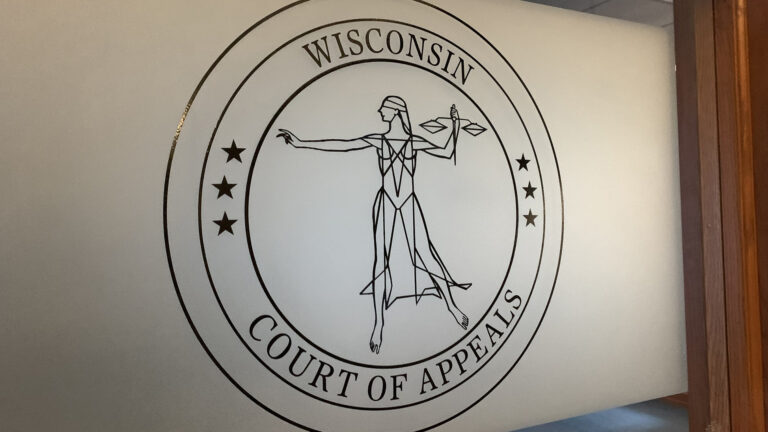
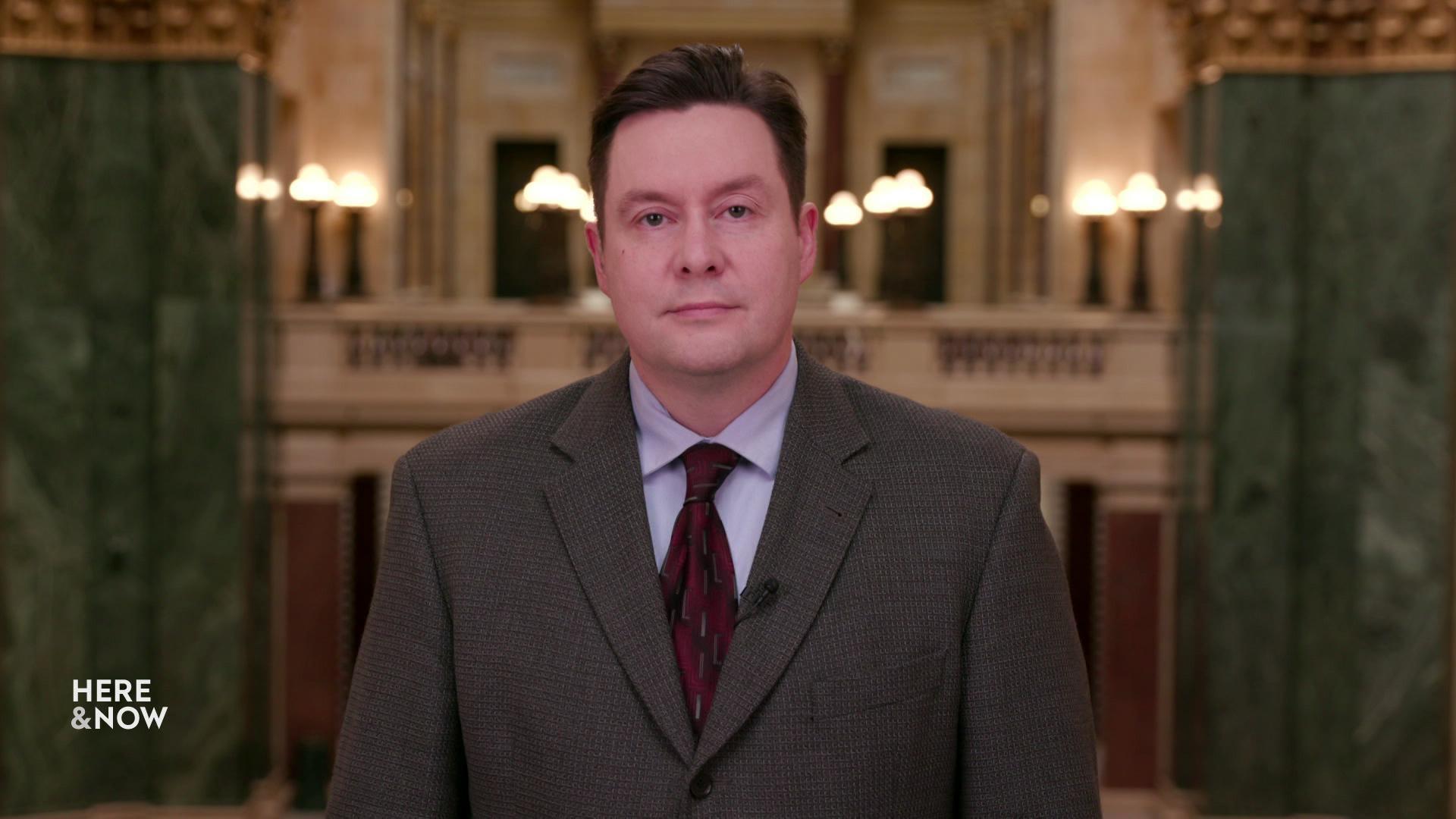
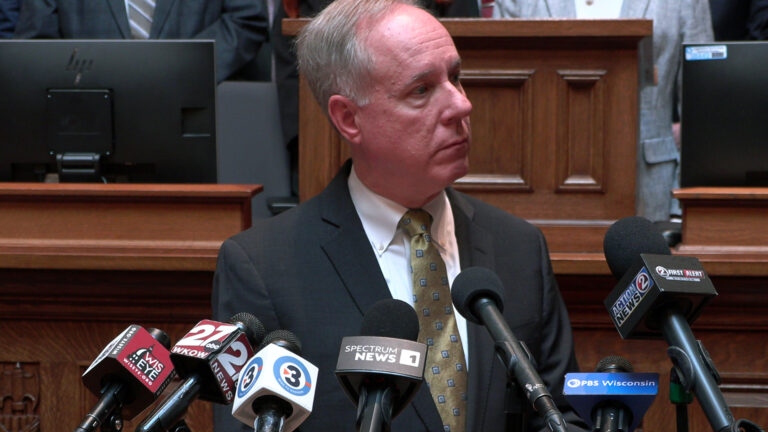

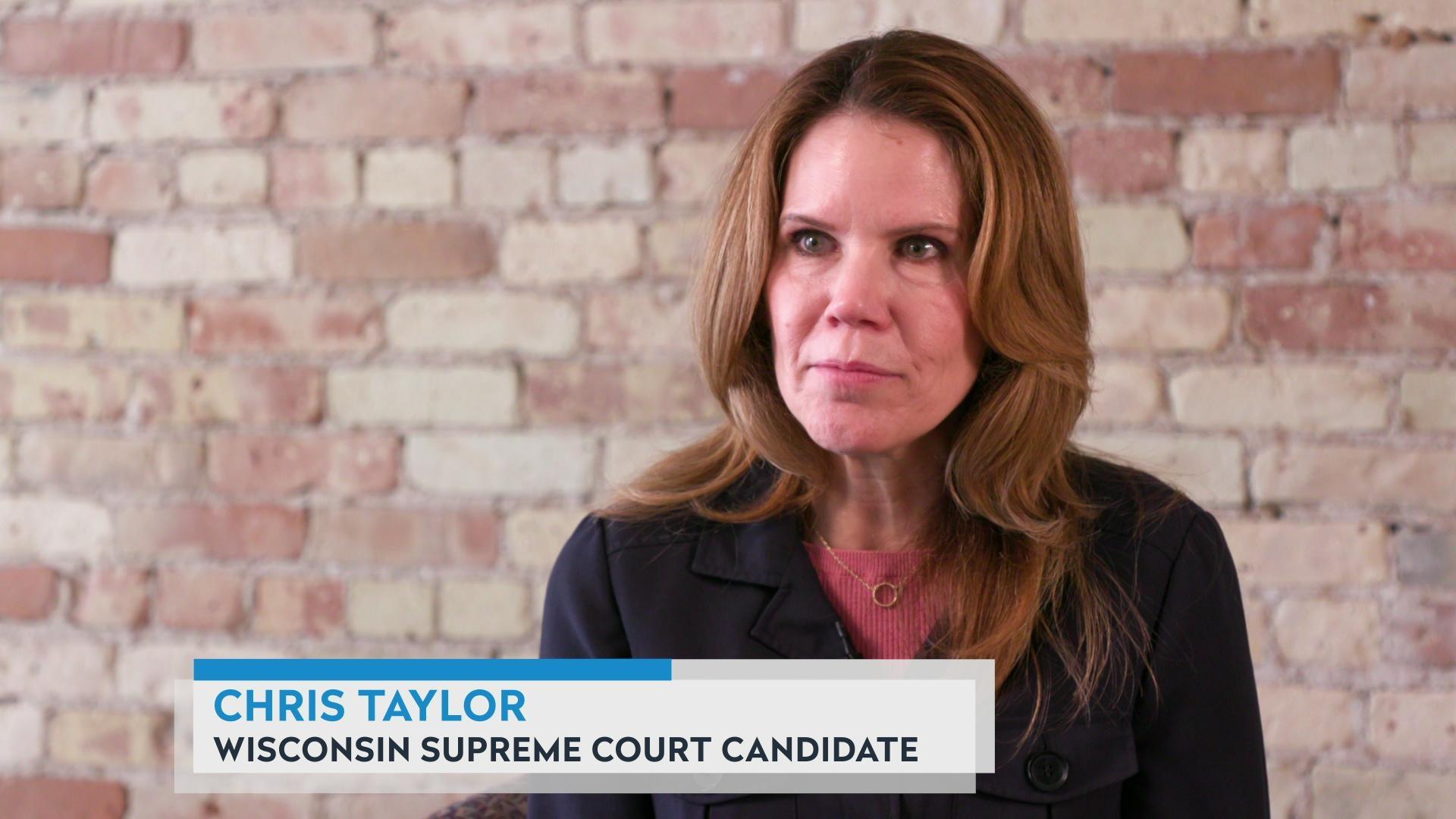
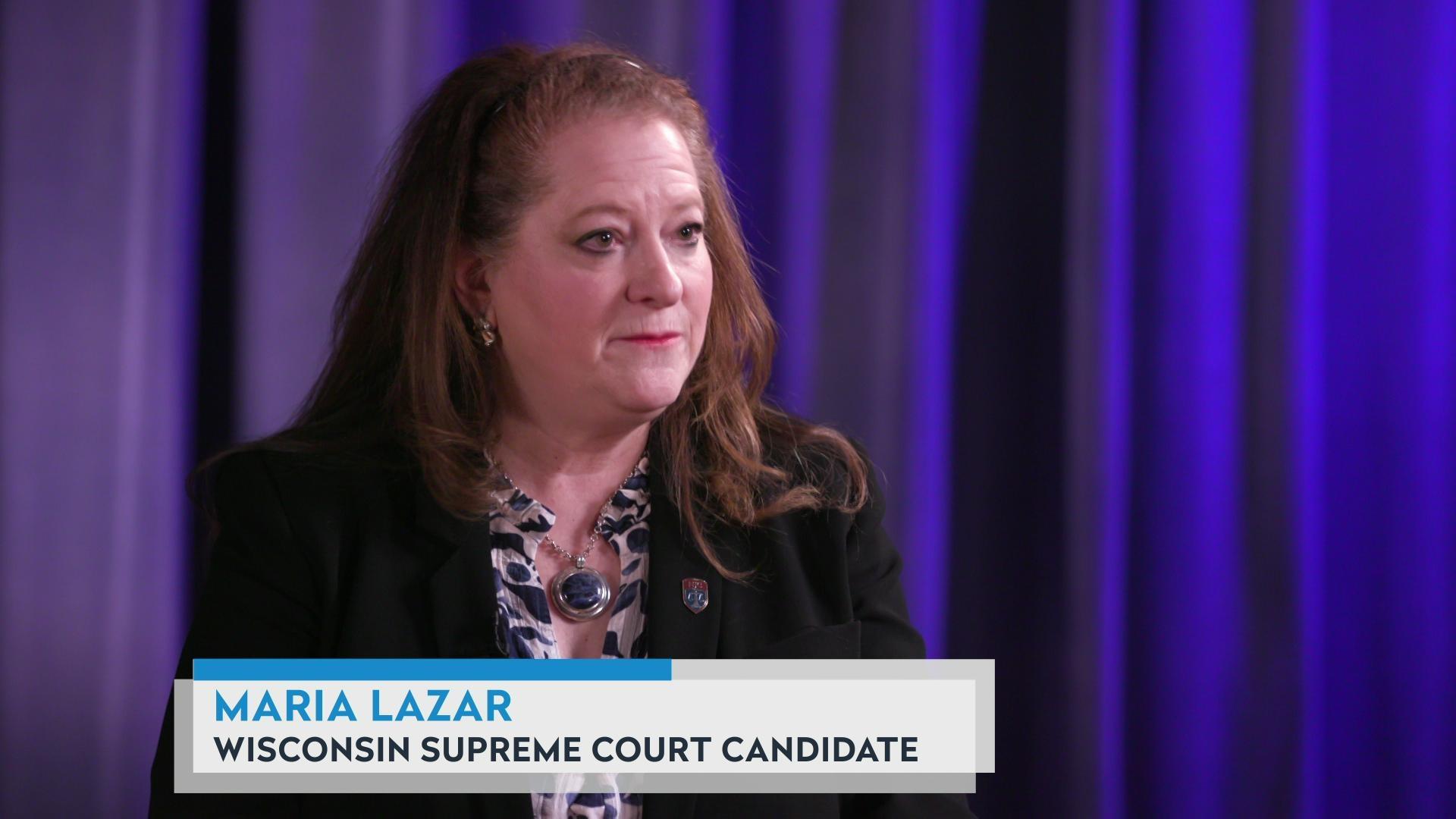

Follow Us